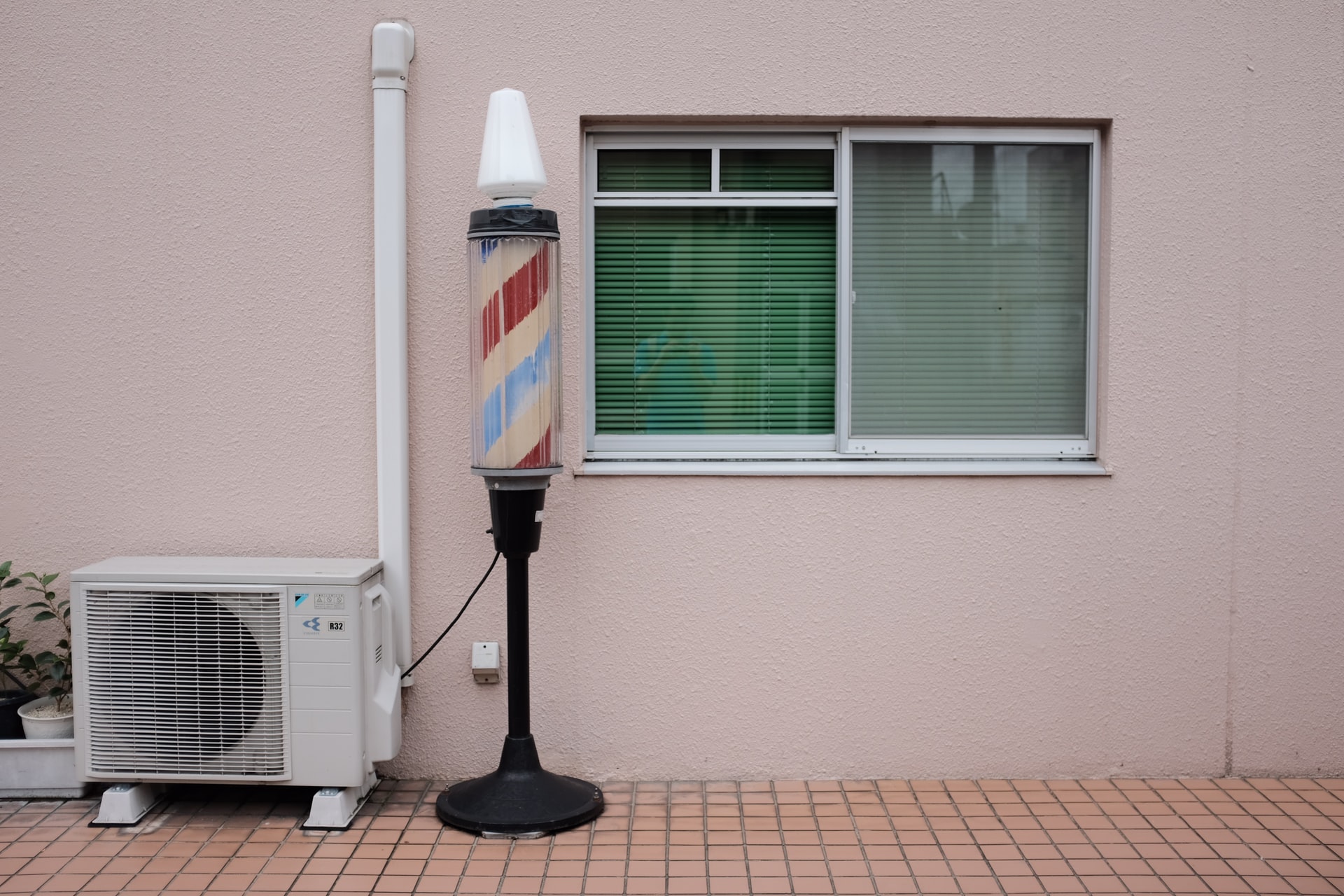With the growing concern over viruses, germs, and pollutants circulating through the air, many people are turning to air purifiers as a solution. While a good air purifier can’t do all the work of completely cleaning indoor air, they are good at eliminating many allergens and improving your indoor air quality.
Our homes are full of airborne allergens and contaminants including odors, smoke, dust mites, pet dander, and even molds. As a result of all of these indoor air pollutants, studies have shown that indoor environments can have up to five times higher contaminant levels than outdoor air.
Given that our houses can contain so many airborne allergens, there are numerous benefits of an air purifier for your home. Various models can be moved around the house and others can be installed in the air ducts of your HVAC system. Air purifiers can refresh stale air and reduce health issues due to indoor pollutants. Let’s take a look at why you should consider an air purifier.
How do air purifiers work?

Air purifiers have been used throughout many homes and businesses to help eliminate harmful particles and contagions from the air. An air purifier usually has a series of filters and a fan that works together to pull air in, clean it, and re-circulate it. As the air moves through the filters, pollutants, mold, dander, bacteria, tobacco smoke, and other contaminants are trapped and the clean air is forced out.
The air filters inside the purifier are typically made from paper, fiber, or mesh, and have to be changed regularly. Some specialty filters such as High-Efficiency Particulate Air filters (HEPA) target more particles and can produce even cleaner air. The number and kind of filters used will determine the effectiveness of the purifier. While many plug-in purifiers can be placed in a central location, there are also whole-home air purification systems that can be placed in your ventilation system.
What do air purifiers filter out?

As discussed, air purifiers are designed to capture airborne particles like dust, pollen, and mold spores. Air purifiers help prevent allergic reactions for those that suffer from allergies or asthma or have lung diseases. For those without difficulty breathing, however, an air purifier can still be beneficial. With advanced filtration, purifiers can help reduce secondhand smoke, pet smells, and even viruses.
A majority of filters can’t remove air pollution and gases like volatile organic compounds (VOCs) or radon from the air. These pollutants usually come from adhesives, paints, or cleaning solutions. Depending on where you live, other harmful pollutants that originate in outside environments like streets and construction sites could also be making their way into your home. A standard filter in an air purifier won’t remove these contaminants either. To remove these, however, you can get a purifier with carbon or charcoal filters that can trap certain compounds.
Are air purifiers effective?

Air purifiers are very effective at what they are designed to do. Purifiers with an adequate filter are good at removing small particles and airborne toxins. They can reduce unpleasant smells, filter airborne viruses, and clear harmful allergens from the air. Many customers report improved allergy symptoms, better sleep quality, and better air quality. Additionally, many doctors and allergy specialists recommend the use of air purifiers for their patients. To be effective, however, you will need to use a purifier and clean surfaces and materials that collect allergens.
If you are considering an air purifier for your home, you should take time to do some research to determine the best machine for your family. You should also understand that no purifier will be a cure-all. You’ll need to use an air purifier in conjunction with carpet and mattress cleaners to remove all sources of allergens. If used effectively, however, an air purifier can go a long way towards providing cleaner air for all of your living spaces.

